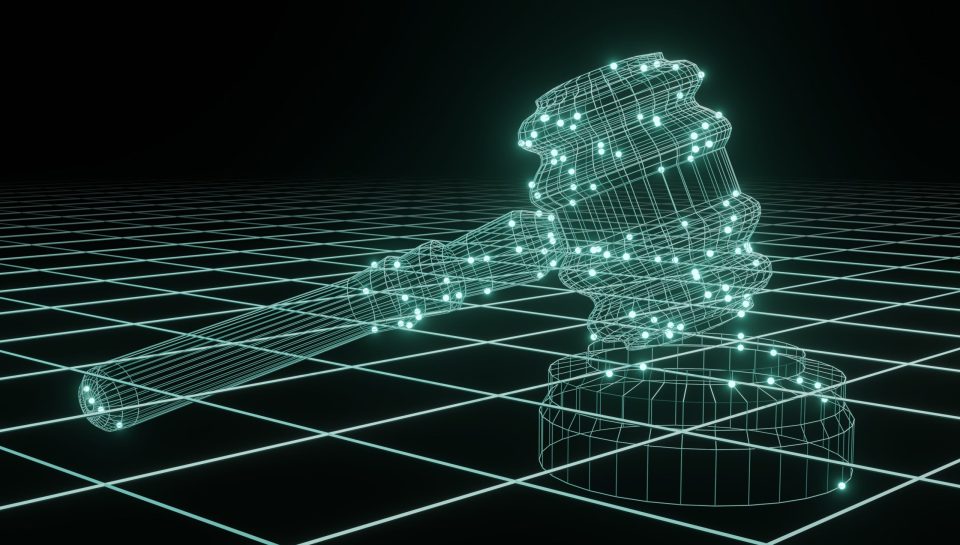You may have recently heard about the Commodity Futures Trading Commission (“CFTC”) case and settlement against bZeroX LLC and its founders, primarily alleging unregistered operation of contract market and futures merchant activities, and failure to perform KYC/AML screening. There are a number of noteworthy aspects to this case, but perhaps the most interesting is that in addition to the Order and settlement involving the company and its founders, an additional complaint was filed against the associated decentralized autonomous organization (DAO) itself – the “Ooki DAO.”
(Standard Disclaimer: we’re lawyers, but this isn’t legal advice. Unless you’ve signed an engagement letter with us, we don’t represent you. If you’d like us to represent you, please contact us through this website.)
This may represent the only instance in recent memory of a DAO, as an identified entity itself, being targeted by a government agency for an enforcement action (as opposed to targeting the associated corporate entities or personnel). Much remains unknown at this time – no court has ruled on the matters alleged in the Complaint, and it is unclear exactly how the terms of any court order would be enforced, or even how the CFTC intends to serve the DAO in the case.
Nevertheless, it is possible to look at the “elements” of the case – the building blocks the CFTC used to assemble its Complaint, and the associated Order – to get a sense of the potential issues it raises for companies in the crypto space, as enforcement of this kind increases in scope and frequency. In that light, we’d like to take a closer look at three points related to the case that are particularly relevant for crypto innovators and companies.
First, the simple fact that the Complaint is filed against Ooki DAO as an entity itself. There’s been considerable discussion in the crypto community recently regarding the potential legal forms a DAO could take, with varying risks and protections associated with each. A number of DAOs have taken the precaution of forming an explicit entity “wrapper,” such as an LLC, to avoid having a court assign a less-desirable form, such as a general partnership. Some jurisdictions (e.g., Wyoming) have specifically enacted laws providing for the formation of DAOs as legal entities.
In this case, using a definition developed from federal case law, the CFTC alleged that Ooki DAO is “a voluntary group of persons, without a charter, formed by mutual consent for the purpose of promoting a common objective”; i.e., an “unincorporated association.” See Complaint at 9. Federal case law, building on provisions in the Federal Rules of Civil Procedure, recognizes “unincorporated associations” as entities with the capacity to sue and be sued in federal court. In other words, if a DAO hasn’t taken a legal form, that doesn’t mean it can’t be sued. It’s worth noting that longstanding principles of partnership law are used when dealing with for-profit unincorporated associations. See Order at 11.
Second, the Order/settlement recognizes two of the founders as personally liable in the case, not merely in their capacity as company founders or developers, but on the basis that they are members of the Ooki DAO. See Order at 6. As previously mentioned, partnership law principles are used when dealing with for-profit unincorporated associations. One such principle is that “partners” are jointly and severally liable for a partnership’s debts. This means that to the extent that an unincorporated association is liable, its members may each be completely liable for the entire amount of the association’s liability.
In this case, the CFTC presumably pursued the founders of the company because they were the most visible, obvious individuals connected to the DAO. But their actual liability likely stemmed from the fact that the founders were also “Ooki Token holders who voted their Ooki Tokens to govern the Ooki DAO” – i.e., members. See Order at 11. This means that to the extent that other individuals could be identified as “members” of the DAO (potentially numbering hundreds or thousands), they might each be equally subject to liability, even if their participation was minimal.
Third, we want to emphasize that while this case is likely an important new development in the DAO and crypto regulatory landscape, it may not have any immediate impact on the status of tokens as securities. Having a DAO as a defendant is potentially concerning, but the Ooki DAO case concerns commodities contract market and futures merchant activities, not securities activities. The broad point often used in securities analysis – that a sufficiently distributed network of users (e.g., a DAO) may be enough to negate the “efforts of others” prong of the Howey test – is unlikely to be affected by the CFTC’s allegations in this case.
Having said that, we also want to note that among the other allegations by the CFTC, the DAO was alleged to have failed to perform KYC/AML procedures under the Bank Secrecy Act. See Complaint at 21–22. This allegation is directly applicable to a wide range of companies and DAOs, even those operating well outside the CFTC’s regulatory space. In cases where, for instance, crypto companies or DAOs solicit investments from outside investors, it likely continues to be crucial that (1) the true identity of each investor is ascertained; (2) such investors do not appear on any Office of Foreign Assets Control (“OFAC”) or similar lists; and (3) such records are maintained.
(Cover image by Conny Schneider at Unsplash)


